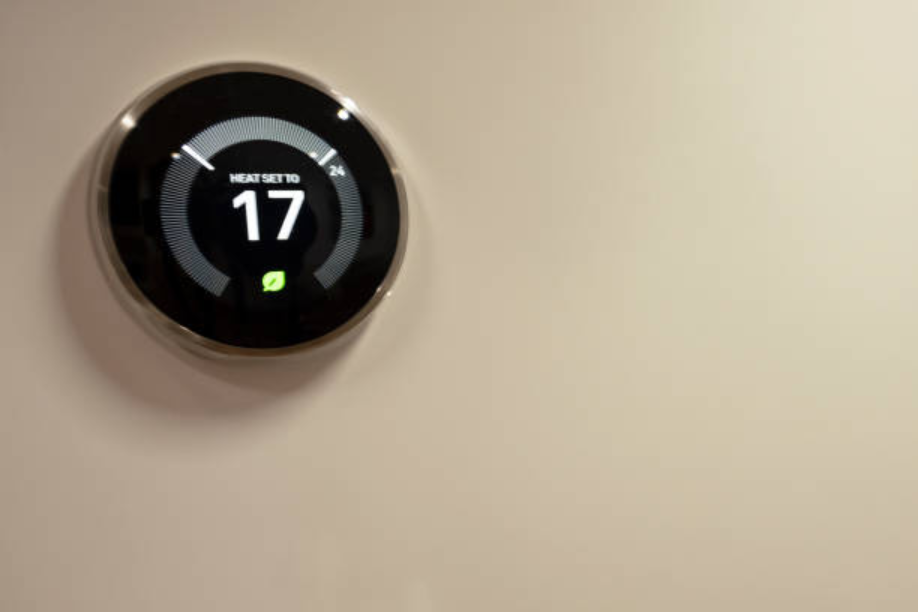Top 10 Electrical Safety Tips for Toronto Homeowners
- Antech Electric

- Aug 29, 2025
- 5 min read

Homeownership comes with its share of responsibilities — and at the top of that list is ensuring your home’s electrical safety. In a city like Toronto, where many properties feature aging wiring and unpredictable weather, the risk of electrical hazards is significantly higher. From outdated outlets to overloaded circuits, even a minor issue can quickly escalate into a fire, property damage, or serious injury.
At Antech Electric, we believe prevention is key. This guide covers practical, expert-backed electrical safety practices every Toronto homeowner should follow to keep their family and home protected.
Why Electrical Safety Matters in Every Toronto Home
Electricity powers nearly everything in our homes — but when mismanaged, it becomes a hidden hazard. Residential fires caused by electrical issues are more common than many realize. Aging infrastructure, seasonal storms, and increasing power demands due to modern devices all contribute to the potential for danger.
Older Toronto neighborhoods often have homes with aging or non-compliant electrical systems. Without regular inspections and updates, these systems may not meet modern safety codes, increasing the risk of short circuits, fires, or shock.
Awareness is the first step to prevention — but action is what saves lives.
Schedule Regular Electrical Inspections
One of the most effective ways to maintain electrical safety in your home is through routine inspections. A certified Toronto electrician can identify problems that aren't visible to the untrained eye, such as faulty wiring behind walls, overloaded breaker panels, or improperly installed fixtures.
Experts recommend an inspection every 3–5 years, or immediately after buying a home, completing a renovation, or experiencing electrical issues like flickering lights or frequent breaker trips.
A professional electric inspection doesn’t just prevent fires — it ensures your electrical system is operating efficiently, helping you save on energy bills and prolong the lifespan of your appliances.
Install Upgrade to GFCI Outlets in Moisture-Prone Areas
Ground Fault Circuit Interrupters (GFCIs) are essential in any area where water and electricity may mix — like kitchens, bathrooms, laundry rooms, and outdoor outlets. These outlets monitor electrical currents and shut off power the moment they detect an imbalance, protecting against electrical shock.
Many older Toronto homes lack GFCI protection, posing serious risks to residents. Replacing standard outlets with GFCIs is a simple upgrade that significantly improves residential electrical safety.
GFCIs are not just recommended — they’re often required by building codes in newer homes and renovations. If you’re unsure whether your home meets current standards, a licensed electrician can help assess and upgrade where needed.
Install and Maintain Smoke Detectors
Smoke detectors are your first line of defense against electrical fires. They provide early warning that can save lives — but only if they’re properly installed and maintained.
Every level of your home should have at least one smoke detector, especially near bedrooms. For enhanced protection, consider interconnecting your smoke detectors so that when one sounds, they all do.
Monthly testing and annual battery replacement are essential maintenance steps. A forgotten or non-functional detector can be the difference between safety and disaster.
Don’t forget to test carbon monoxide detectors too, especially in homes with gas appliances or attached garages. Many devices now offer combo smoke/CO detectors for convenience.

Use Surge Protection to Safeguard Electronics
Toronto’s storms and power grid fluctuations can lead to dangerous voltage spikes. Without surge protection, these spikes can fry your electronics and even damage your home’s wiring.
Invest in both outlet-based surge protectors for sensitive devices and whole-home surge protection at the panel level. The latter is especially important if you have high-value equipment like computers, home theater systems, or smart home devices.
Surge protectors also shield against less dramatic but more common voltage fluctuations, which can slowly degrade your appliances over time.
Avoid Overloading Circuits and Power Strips
Plugging too many devices into a single outlet or extension cord is a fire hazard waiting to happen. Circuits are designed to handle a specific load — exceed that, and you risk overheating, sparking, or even a complete electrical failure.
Know your electrical panel and the limits of each circuit. Use appliances with high energy demands (like space heaters or microwaves) on dedicated circuits, and never daisy-chain multiple power strips together.
Signs of overload include:
Dimming lights when appliances are in use
Warm or discolored outlets
Circuit breakers that frequently trip
When in doubt, consult a Toronto electrician to safely expand your system's capacity.
Replace Damaged Cords and Outlets Promptly
Worn-out or damaged cords are not just unsightly — they’re dangerous. Fraying insulation, bent plugs, or exposed wires can easily cause shocks, fires, or power surges.
Similarly, outlets that are cracked, loose, or discolored may indicate hidden issues. If an outlet sparks or feels warm to the touch, stop using it immediately and call a professional.
Modern outlets often include tamper-resistant features and built-in surge protection. Upgrading your outlets can significantly enhance home wiring safety while bringing your electrical system up to code.
Never use electrical tape as a long-term fix and avoid running cords under carpets or through doorways where they can wear down unnoticed.

Keep Electrical Systems Childproof
If you have children at home — or even frequent visitors — childproofing your outlets and electrical systems is non-negotiable.
Install tamper-resistant outlets, which feature built-in barriers that prevent foreign objects from being inserted. These are now standard in all new builds and renovations in Toronto.
Secure power cords are out of reach, especially those connected to devices that generate heat, like space heaters or hair tools. Teach children to respect electrical boundaries early, but don’t rely solely on behavior — use physical safeguards wherever possible.
For extra safety, consider installing outlet covers, cord shorteners, and automatic shut-off switches for vulnerable appliances.
Be Smart with DIY Electrical Work
While it’s tempting to save money by tackling electrical projects on your own, many jobs require licensed expertise. Mistakes made during DIY wiring can lead to shorts, shocks, or structural damage.
Simple tasks like replacing a light fixture or installing a new outlet cover may be safe for homeowners with basic skills. But any job that involves panel work, circuit installation, or rewiring should be left to professionals.
In Toronto, electrical work must comply with Ontario Electrical Safety Code (OESC). Failing to meet these standards can void insurance and pose legal issues during home sales.
When in doubt, hire a certified Toronto electrician — the peace of mind is worth it.
Maintain Safe Home Wiring, Especially in Older Properties
Many homes in Toronto were built decades ago and may still contain knob-and-tube or aluminum wiring — both of which present safety concerns. These systems aren’t designed to handle today’s power demands and may degrade over time, increasing the risk of overheating or fire.
Tell-tale signs of outdated wiring include:
Frequent breaker trips
Flickering lights
Burning smells from outlets
Inconsistent power flow
If your home is more than 40 years old and hasn’t had a recent wiring inspection, now is the time. Upgrading your home’s wiring isn’t just about safety — it adds value and longevity to your investment.
Create an Emergency Electrical Plan
Being prepared can prevent panic in an emergency. Every member of your household should know how to:
Shut off power at the main breaker
Recognize the smell of burning wires or signs of electrical fire
Use a fire extinguisher (Class C) safely
Keep emergency numbers — including a trusted local electrician — posted clearly near your breaker panel. Consider labeling circuits in your electrical panel to speed up response time during outages or incidents.
Having a flashlight and spare batteries in key areas of your home can also be a lifesaver during blackouts or power failures.
Final Thoughts: Protect Your Home with Expert Help
Electrical safety is more than just a checklist — it's a lifestyle of awareness, maintenance, and responsibility. While many hazards can be minimized with small changes, some require the expertise of licensed professionals.
If you live in Toronto and want to ensure your home's electrical system is secure and up to code, reach out to trusted electricians like those at Antech Electric. Their experienced team offers inspections, repairs, upgrades, and childproofing solutions tailored to your home’s unique needs.

%20(2220%20x%201920%20px).png)
%20(1).png)



Comments